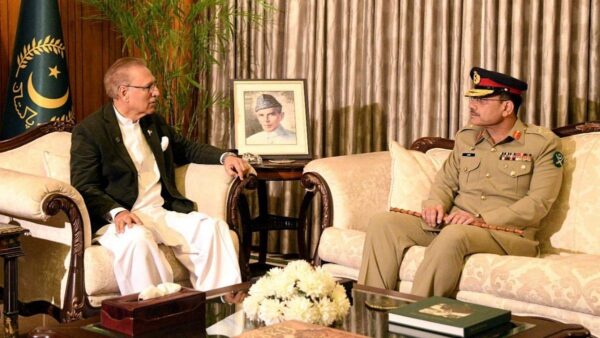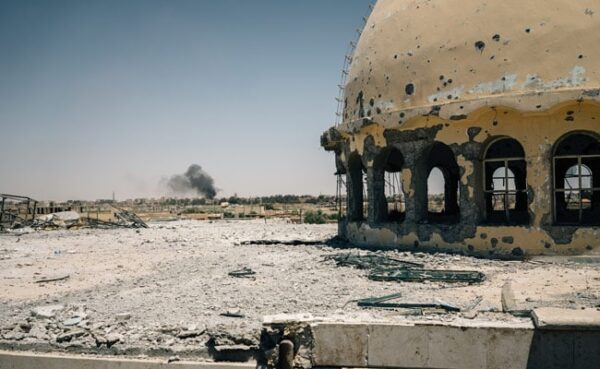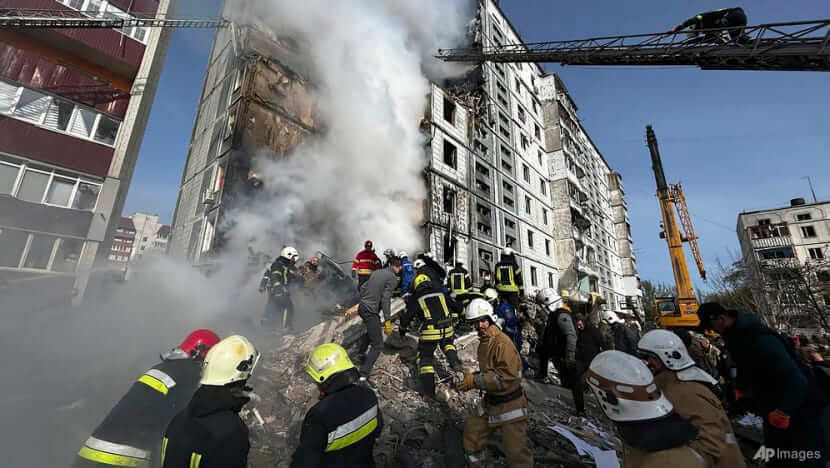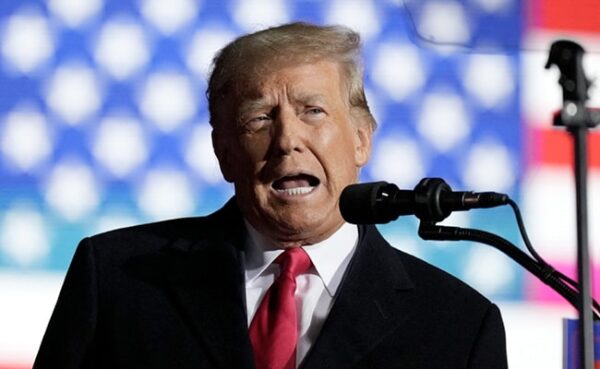After at least a month of alarm , Pakistan eventually got their new Army chief. Lieutenant- General Syed Asim Munir was named by Prime Minister Shehbaz Sharif against the wishes of his political opponent Imran Khan. The former PM abominated the idea that the new general would stand by the political government and farther expose his fiscal mismanagement or abuse of public means. There could be more toshakhana stories that would come out and weaken his character among his sympathizers and clearly within the Army.
Lt Gen Munir is formerly popular as being against Imran Khan ever since the ultimate removed him from ISI chief’s post following warnings about the First Lady’s contended corruption.But this only means that Munir is inversely able of watching over the Pakistan Muslim League – Nawaz( PMLN) government and not being their man moreover.
Nawaz Sharif, who played a major part in Munir being the government choice, does n’t anticipate total fidelity either as long the new Army chief does n’t tilt towards Imran Khan and ensures that his Pakistan Army shifts back to a central position on treating the two political parties. This factor alone could produce the political space for PMLN to push its way back into Pakistan’s political arena. The only problem is that the Army may not want the PMLN to dominate in Punjab moreover. The coming general election should n’t be an easy pass for Imran Khan or the Sharifs.
As far as fidelity goes, Lt Gen Asim Munir is a protégé of his precursor, Gen Qamar Javed Bajwa. The ultimate had appointed him as the head of Military Intelligence, a service critical for the Army in terms of keeping a watch inside the organisation, and also promoted him to head the ISI. This means that Munir will cover his former master to insure that the PTI crowd does n’t engage in abusing Bajwa as it did in the history. This also means helping Bajwa fulfill the pledge he made to his associates of not running down abroad to avoid a fearful PTI crowd and staying in Pakistan for at least a time.
Though some, like elderly intelligencer Mariana Baabar, feel impressed with Munir ‘ taking on corruption ’ indeed when he was n’t the Army chief, it’ll be a challenge for him to support any action against Bajwa. Sources in Islamabad have suggested that it was the oohing of data regarding Bajwa’s declared wealth that led to him agreeing to PMLN’s choice for Army chief. Like his precursor General Ashfaq Pervez Kiyani( retd), there may be more stories about Bajwa staying to come out, especially because of his association with Sabir Hameed alias ‘ Mithu, ’ a Lahore- grounded businessman known for his links with the land cabal.
Mithu and Bajwa came together in the late 1990s when military officers were desperately trying to make connections with original dealer- merchandisers and businessmen to increase their earning. Sources say the two have remained musketeers and business mates since. Indeed though with Gen Pervez Musharraf’s preemption in October 1999 have Pakistani service a substantial rise in pay, it did n’t stop military labor force’s hunt for further coffers.
The Pakistan Army’s biggest reproach remains its appropriation and trade of land in the name of weal and furnishing casing for its officer skeleton. The Defence Housing Authority( DHA) isn’t just a sought- after casing development scheme among the mercenary and military, but also a largely libelous affair where officers tend to make a fast buck by presenting all accessions as legal. This is also where connection within the Army becomes important for land snatching. According to my ‘ back of the envelope ’ estimate, it’s because of the DHA business that a fraternity commander owns land worth over a billion rupees. A three- star rank functionary, who ca n’t make it to the fraternity, is worth around PKR 700 million.
This casing scheme is a chatter since the Army’s power is critical in its development. For case, because of the DHA scheme in place, profit officers in Bahawalpur don’t issue documents for private land, which forces people to negotiate with DHA officers and trade their land — two plots per acre. The lower rank officers also suffer at the hands of top operation. A Border Administration Committee headed by a brigadier can give inferior officers a run for their plutocrat and wring from them. likewise, it remains a secret as to what extent the DHA is devoted to Army officers and what land could be vended to civilians. The fraternity commanders and the Army chief sit on top of the distributive formula where utmost make their ‘ legal ’ plutocrat.
Lt Gen Asim Munir is clearly not likely to question the wealth of individual Generals or indeed challenge this distributive system. The chief’s capability to give coffers to military men grounded on their rank is now a major part of the institutional strength and source for erecting a sense of allyship. In fact, in his last speech as the Army chief at the Defence and Killers Day form on Wednesday, one of the effects that General Bajwa assured his fraternity, which not just includes serving men but also their families, was the pledge to keep furnishing for their weal.
I was reminded of psychologist- experimenter Maria Rashid’s book Dying to Serve Militarism, Affect, and the Politics of Immolation in the Pakistan Army, in which she lays out how the Army uses ‘ effect ’ to make militarism. similar events in the service are arranged “ down to the last detail and planned for effect ” to make the essential relationship “ between dogfaces, families, and the institution of the service ”. I would argue, and Rashid would surely agree with me, that it’s not just a game of feelings any further. Financial remuneration and other coffers go a long way in strengthening the ‘ effect ’. The families of war stagers and killers partake the stratum’s dream of stopping mercenary corruption but they also anticipate the top Generals to put further on their plate.
Lt Gen Asim Munir will surely have to hold himself back if he wants to stand any chance ofbringing the institution together which appeared to fall piecemeal during the Bajwa- Khan battle. He’ll have to keep a good eye on Generals like Faiz Hameed and Asif Ghafoor, who’ll continue to sit on the table as fraternity commanders. He may need to pull them back to the General Headquarters where they can be less worrisome. Of course, the other usual thing would be to stay and watch as politicians make miscalculations and also profit as the media pushes the idea that ‘
it’s the Army that controls Pakistan ’. In his last speech, Bajwa reached out to the military fraternity by trying to project that it was Imran Khan, and not him, who tried to bring a bad name to the service and so the PTI leader must be rejected. As far as Bajwa and the Army were concerned, he promised they both would continue to play a advanced political part like working the Riko Dik bobbymine contract issue or getting plutocrat from Qatar or mending walls with foreign countries that politicians could n’t do.Yet, he wanted his followership to suppose that the Army had decided to withdraw from politics.




